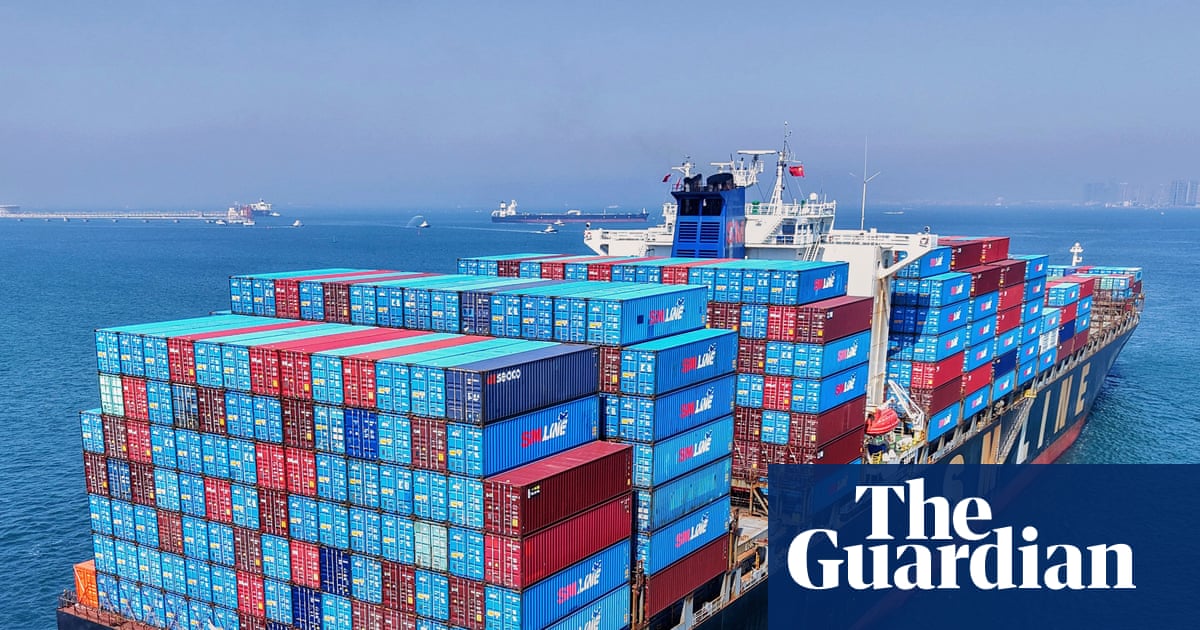But experts seem to fear that Trump isn’t paying enough attention to how exports of US technology could threaten to not only supercharge China’s military and AI capabilities but also drain supplies that US firms need to keep the US at the forefront of AI innovation.
“More chips for China means fewer chips for the US,” experts said, noting that “China’s biggest tech firms, including Tencent, ByteDance, and Alibaba,” have spent $16 billion on bulk-ordered H20 chips over the past year.
Meanwhile, “projected data center demand from the US power market would require 90 percent of global chip supply through 2030, an unlikely scenario even without China joining the rush to buy advanced AI chips,” experts said. If Trump doesn’t intervene, one of America’s biggest AI rivals could even end up driving up costs of AI chips for US firms, they warned.
“We urge you to reverse course,” the letter concluded. “This is not a question of trade. It is a question of national security.”
Trump says he never heard of Nvidia before
Perhaps the bigger problem for Trump, national security experts suggest, would be if China or other trade partners perceive the US resolve to wield export controls as a foreign policy tool to be “weakened” by Trump reversing course on H20 controls.
They suggested that Trump caving on H20 controls could even “embolden China to seek additional access concessions” at a time when some analysts suggest that China may already have an upper hand in trade negotiations.
The US and China are largely expected to extend a 90-day truce following recent talks in Stockholm, Reuters reported. Anonymous sources told the South China Morning Post that the US may have already agreed to not impose any new tariffs or otherwise ratchet up the trade war during that truce, but that remains unconfirmed, as Trump continues to warn that chip tariffs are coming soon.
Trump has recently claimed that he thinks he may be close to cementing a deal with China, but it appears likely that talks will continue well into the fall. A meeting between Trump and Chinese President Xi Jinping probably won’t be scheduled until late October or early November, Reuters reported.
Source link
